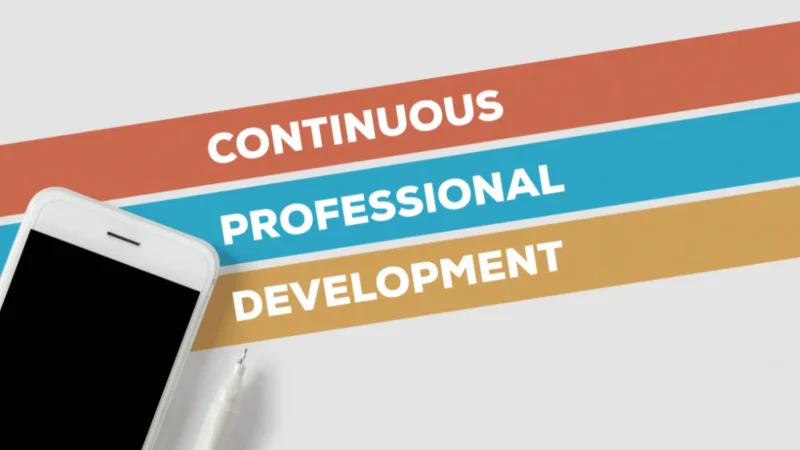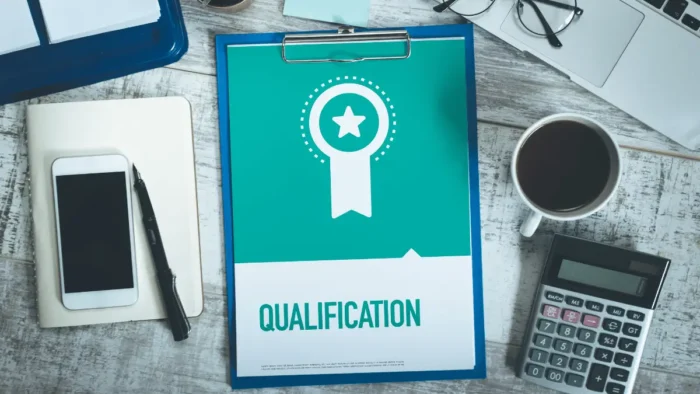Personal and professional development is essential for anyone who wants to reach their full potential. It involves setting goals, developing skills, and acquiring knowledge to help you succeed in your career or personal life.
But the journey of self-improvement doesn’t come without its challenges. To be successful at achieving your goals, you must possess certain qualities so that you can stay focused on the path ahead. These qualities include resilience, adaptability, a growth mindset, discipline, self-awareness, self-management, and more. By cultivating these traits within yourself, you will set yourself up for success as you embark on your personal and professional development journey.
Resilience
Resilience is an important quality to have when pursuing personal and professional development. It enables you to bounce back from difficult situations and develop the capacity to keep going despite setbacks or adversity. You must also be adaptable, adjusting your approach or approaching new solutions as needed. As Brian Tracy adds, do you want to be successful? If you think the way the most successful people think and adopt the same habits they have, you can be. With a growth mindset, you can stay focused on the end goal, even when times get tough.
Additionally, developing a strong sense of discipline is essential. Staying disciplined on your goals and having the self-awareness to understand when you need a break can help you stay productive and focused.
Related: 10 Traits and Qualities of an Awesome Accountant
Adaptability
Adaptability is a critical quality that can significantly improve your career prospects. In today’s fast-paced, ever-changing business environment, pivoting and adjusting your approach is essential. So, how can you become more adaptable and harness the power of this valuable skill?
Firstly, it is crucial to be open-minded and willing to embrace change. Instead of resisting new ideas or ways of doing things, approach them with a positive attitude and a willingness to learn. This can help you to stay flexible and versatile, no matter how the situation evolves.
Secondly, it is vital to stay up-to-date with industry trends and developments. By keeping a finger on the pulse of what’s happening in your field, you will be better equipped to anticipate changes and adapt accordingly. Attend conferences, read industry publications, and connect with peers to stay informed and on top of your game.
By being adaptable, you can demonstrate that you can handle change and uncertainty, which is a highly valued skill in many industries. This can also help you build trust with employers, colleagues, and clients, as they will see that you can deliver results in various situations.
Related: Uncovering the Psychologists’ Theories of Motivation: What Drives Human Behavior?
Growth Mindset
A growth mindset is essential for anyone wanting to succeed in personal and professional development. It involves having an open-minded, positive outlook and believing you can learn new skills and improve through effort.
The key to developing a growth mindset is to challenge yourself and stay curious. By continually seeking new knowledge and experiences, you can develop a deeper understanding of yourself and the world around you. You should also be willing to take risks and make mistakes – this is how we learn and grow.
Finally, it is crucial to focus on progress rather than perfection. Accepting failure as part of the journey can help you stay motivated when times get tough.

Discipline
Self-discipline is an important quality to have when pursuing personal and professional development. It involves focusing on your goals and staying motivated, even when things become difficult or you don’t see results right away. It also requires being self-aware and understanding who you are and what drives you.
Additionally, discipline is about having the capacity to delay gratification and resist distractions. This requires strong time-management skills and a commitment to prioritizing your goals. Having a plan for how you will achieve your objectives can help keep you on track, as well as breaking down big tasks into smaller chunks that are easier to accomplish.
Self-Awareness
Having self-awareness is a vital part of developing yourself, both personally and professionally. It allows you to understand your strengths and weaknesses and areas where you can improve. This gives you a better understanding of who you are and what drives you, enabling you to make better decisions about your future.
Developing self-awareness involves being honest with yourself, reflecting on your behavior and thoughts, and taking the time to understand what motivates you. Additionally, it is important to be open to feedback from others – this can provide valuable insights into how you interact with others and perceive yourself.
Remember that self-awareness is a process, so don’t expect to have all the answers right away. Stay patient and open-minded, as this will help you gain greater clarity over time. Plus, you don’t have to do it alone – seeking the guidance of a mentor or coach can help you gain deeper insights and learn new skills.
Creativity
Creativity is essential for anyone wanting to stay competitive in their field. It involves having the capacity to think outside the box and come up with innovative ideas and solutions that are unique to you. It also involves taking risks and experimenting to explore different possibilities and arrive at a better result.
Developing creativity involves doing things differently, being open-minded, and staying curious. Try reading or watching something outside your comfort zone – this will help develop your creative thinking skills. Additionally, you should be willing to take risks and experiment, as this is how we find new solutions and ideas. Finally, it’s important to stay organized and have the discipline to focus on your goals – creativity often requires structure to be productive.
Developing your personal and professional skills requires a combination of resilience, adaptability, a growth mindset, discipline, self-awareness, and creativity. It is essential to have an open mind when it comes to learning new things and taking risks to push yourself out of your comfort zone. Additionally, having the motivation to stay focused on achieving specific goals can help you make progress toward your desired outcome.
Finally, being organized and disciplined are essential for staying productive while allowing space for creative thinking. By investing time into honing these qualities now, you will be well-positioned to take advantage of future opportunities that come your way.



